Consumers Are Less Interested In Electric Vehicles
Consumer interest in electric vehicles has decreased, according to the J.D. Power 2024 U.S. Electric Vehicle Consideration (EVC) Study. The percentage of new-vehicle buyers "very likely" to consider an EV dropped to 24% from 26% last year. Overall, the likelihood of considering an EV fell to 58% from 61% in 2023.
Key Factors Affecting EV Demand
Several issues are influencing this decline. The shortage of affordable EVs remains a significant barrier. Concerns about charging infrastructure and a lack of knowledge about EV incentives also hinder consumer adoption. Approximately 40% of shoppers lack a solid understanding of these incentives, affecting their likelihood to consider EVs. Efforts to educate consumers on these aspects are crucial for market growth.
Economic and Market Influences
Economic factors like lower fuel prices, persistent inflation, and high interest rates contribute to reduced EV demand. The growth in EV model availability has been slower this year, with many automakers delaying EV launch and production plans, focusing more on hybrids and plug-in hybrids.
Generational Impact on EV Consideration
The study highlights generational differences in EV consideration. "Very likely" consideration among Gen Z and Gen Y shoppers has declined by 2 and 5 percentage points, respectively. Despite this, 24% of Gen Z and 32% of Gen Y shoppers are still "very likely" to consider an EV, the highest among all generational cohorts.
Charging Concerns Leading to Rejection
For those unlikely to consider an EV, 52% cite a lack of charging stations as their primary reason. This concern has grown by 3 percentage points from the previous year. Other reasons include high purchase prices, limited driving range per charge, charging time, and inability to charge at home or work.
Commuting Patterns Influence EV Consideration
Longer commute times negatively impact EV consideration. Only 24% of shoppers with a daily commute of 46-60 minutes each way are "very likely" to consider an EV, a drop of 13 percentage points from 2023. This marks a reversal from previous trends where longer commutes were associated with higher EV consideration due to fuel cost savings.
Impact of Additional Vehicle Ownership
Shoppers planning to add another vehicle to their household are more inclined to consider an EV, with 68% being "overall likely" to consider one. In contrast, only 47% of those relying on a single vehicle are "overall likely" to consider an EV, highlighting the logistical concerns of EV ownership when a backup vehicle is not available.
Study Overview
The U.S. Electric Vehicle Consideration (EVC) Study assesses consumer interest in fully electric or battery electric vehicles. It includes analysis by geography, demographics, vehicle experience, lifestyle, and psychographics. This year's study surveyed 8,179 consumers from January to April 2024.
This article was co-written using AI and was then heavily edited and optimized by our editorial team.
Key Factors Affecting EV Demand
Several issues are influencing this decline. The shortage of affordable EVs remains a significant barrier. Concerns about charging infrastructure and a lack of knowledge about EV incentives also hinder consumer adoption. Approximately 40% of shoppers lack a solid understanding of these incentives, affecting their likelihood to consider EVs. Efforts to educate consumers on these aspects are crucial for market growth.
Economic and Market Influences
Economic factors like lower fuel prices, persistent inflation, and high interest rates contribute to reduced EV demand. The growth in EV model availability has been slower this year, with many automakers delaying EV launch and production plans, focusing more on hybrids and plug-in hybrids.
Generational Impact on EV Consideration
The study highlights generational differences in EV consideration. "Very likely" consideration among Gen Z and Gen Y shoppers has declined by 2 and 5 percentage points, respectively. Despite this, 24% of Gen Z and 32% of Gen Y shoppers are still "very likely" to consider an EV, the highest among all generational cohorts.
Charging Concerns Leading to Rejection
For those unlikely to consider an EV, 52% cite a lack of charging stations as their primary reason. This concern has grown by 3 percentage points from the previous year. Other reasons include high purchase prices, limited driving range per charge, charging time, and inability to charge at home or work.
Commuting Patterns Influence EV Consideration
Longer commute times negatively impact EV consideration. Only 24% of shoppers with a daily commute of 46-60 minutes each way are "very likely" to consider an EV, a drop of 13 percentage points from 2023. This marks a reversal from previous trends where longer commutes were associated with higher EV consideration due to fuel cost savings.
Impact of Additional Vehicle Ownership
Shoppers planning to add another vehicle to their household are more inclined to consider an EV, with 68% being "overall likely" to consider one. In contrast, only 47% of those relying on a single vehicle are "overall likely" to consider an EV, highlighting the logistical concerns of EV ownership when a backup vehicle is not available.
Study Overview
The U.S. Electric Vehicle Consideration (EVC) Study assesses consumer interest in fully electric or battery electric vehicles. It includes analysis by geography, demographics, vehicle experience, lifestyle, and psychographics. This year's study surveyed 8,179 consumers from January to April 2024.
This article was co-written using AI and was then heavily edited and optimized by our editorial team.
More by AutoGuide.com Staff















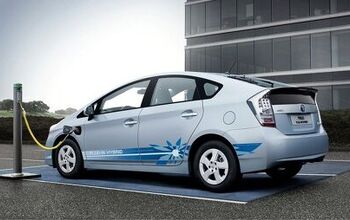




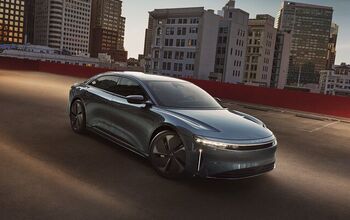

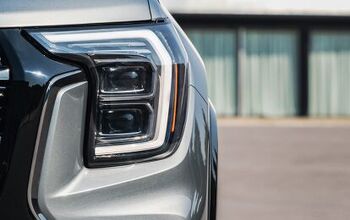


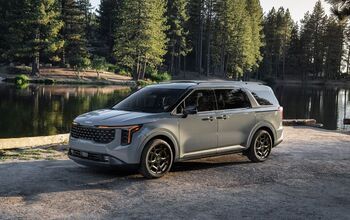
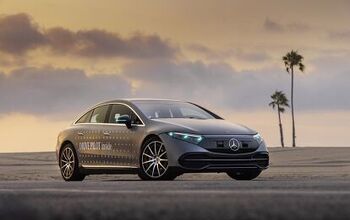

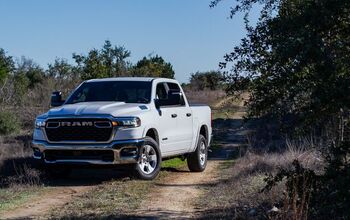
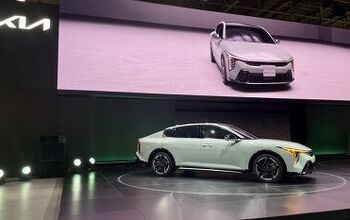
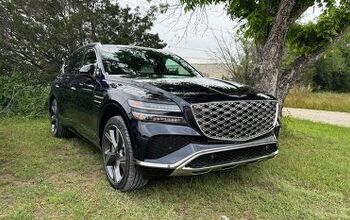
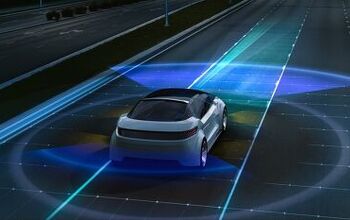

Comments
Join the conversation